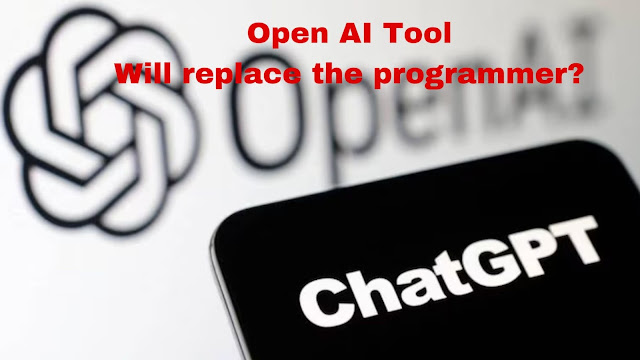ChatGPT, as an AI language model, is a tool that may assist programmers with a range of tasks, such as writing code, documenting code, and even providing feedback on coding practises. But it's a hard question that needs a careful analysis of many different factors to determine whether ChatGPT will totally replace programmers. We'll discuss the topic in-depth and attempt to provide a complex viewpoint in this blog.
Over the past several years, the growth of AI and robotics has resulted in considerable changes in the workforce. Many professions that were formerly undertaken by humans are now being automated, and many people believe that AI and machine learning will continue to displace labour in the future. One industry that has witnessed substantial upheaval is software development, with AI-powered tools like ChatGPT making it easier than ever for engineers to create software.
An application called ChatGPT creates text that resembles human speech depending on input by using machine learning (ML) and natural language processing (NLP) techniques. Code creation, producing documentation, and problem detection are just a few of the many uses for this technology in the software development industry. By automating operations that would often take hours to do manually, ChatGPT enables developers to save time and boost productivity.
Although ChatGPT may have certain advantages, it is unlikely to completely replace programmers for a number of reasons. Programming is mostly a creative and team effort that calls on human experience, intuition, and problem-solving abilities. While ChatGPT can help with some jobs, such as creating documentation or generating basic code snippets, it cannot replace the intelligence and creativity of a human coder.
Furthermore, programming is a dynamic discipline that is always developing and changing. To stay current, programmers must adapt and learn new abilities when new programming languages, frameworks, and tools are produced. While ChatGPT can assist with some elements of programming, it cannot take the place of continuing learning and improvement.
The value of human monitoring in the creation of software should also be taken into account. ChatGPT has the ability to produce code and other assets, but it is unable to guarantee the efficacy of that code or the overall performance of the programme. Testing, debugging, and optimisation of software are responsibilities that fall under the purview of human programmers. These activities call for a thorough knowledge of the underlying code and how it interacts with other systems and technologies.
Last but not least, it's important to keep in mind that ChatGPT is still a relatively new technology with issues that need to be solved. For instance, the calibre and volume of the training data used to build the model affect the correctness and dependability of the code and text output by ChatGPT. When integrating AI and machine learning in software development, there are also worries about bias and ethical issues.
In conclusion, ChatGPT has the potential to revolutionize some facets of software development, but it is unlikely to completely replace programmers. Programming is an intricate and imaginative area that calls for human insight, problem-solving abilities, and continuous learning and development. The requirement for human oversight, cooperation, and innovation in software development cannot be replaced by ChatGPT, despite the fact that it can automate some processes and increase efficiency. At the end of the day, ChatGPT is a tool that can make programmers more productive, but it does not take the place of the human aspect, which is crucial in the software development process.
